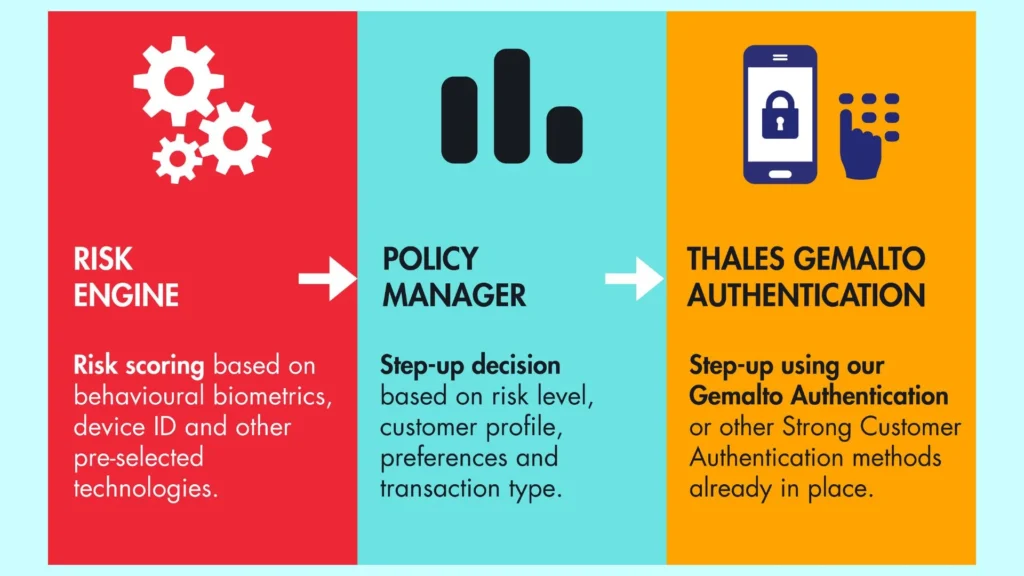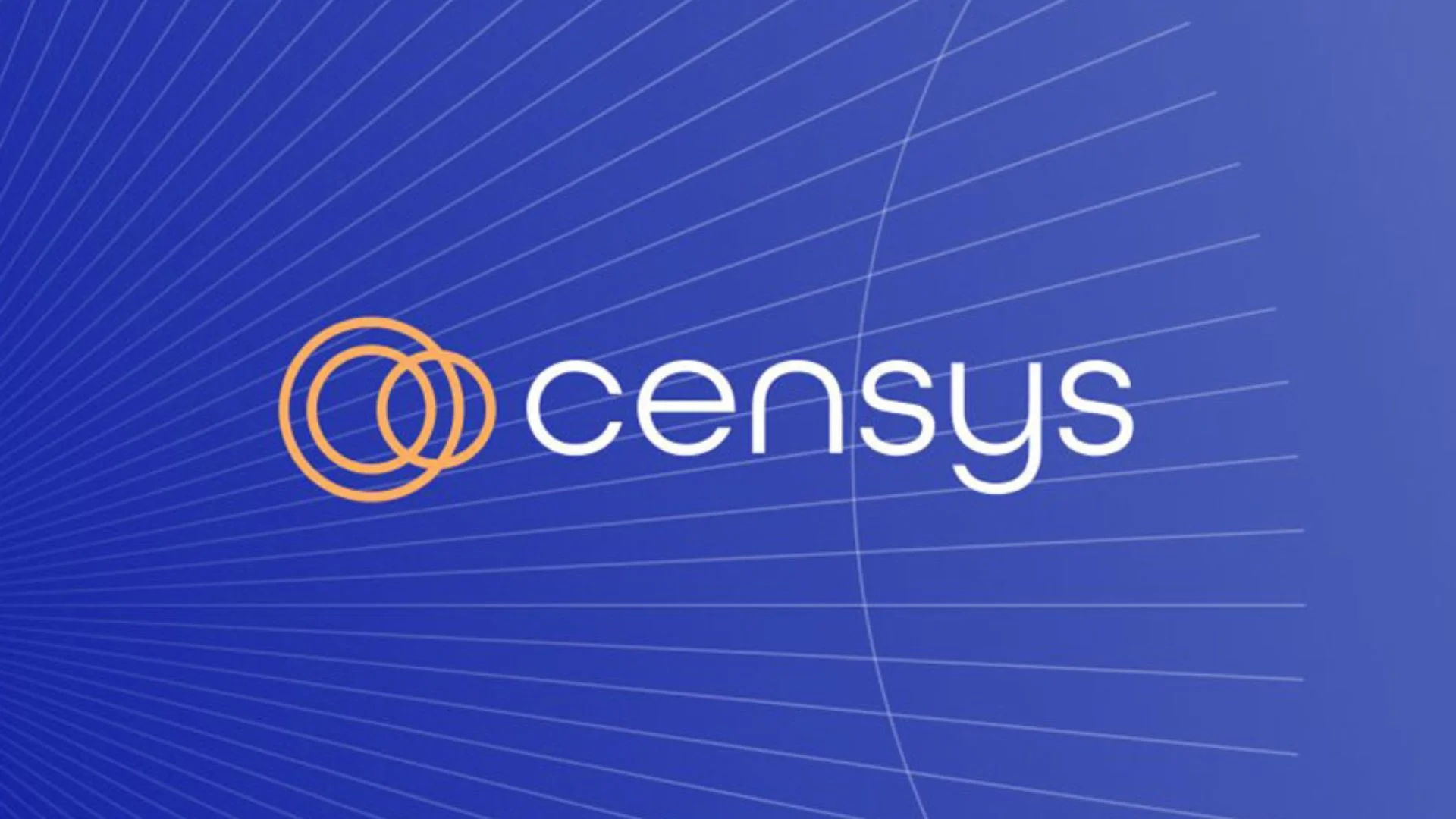Censys, Inc. is a leading company in the field of internet security, known for its comprehensive internet-wide scanning and data collection services. The company provides crucial insights into internet infrastructure, identifying vulnerabilities and offering detailed analyses that help organizations secure their networks. While the technological capabilities of Censys are well-regarded, the topic of fraud risk associated with the company merits closer examination.Understanding Fraud Risk at Censys
Fraud risk can be a significant concern for any organization, encompassing a range of potential issues from financial mismanagement to data breaches. In the context of Censys, Inc., evaluating fraud risk involves understanding the inherent vulnerabilities in their operations and the potential for misuse of their powerful tools. This article delves into the various dimensions of fraud risk that Censys, Inc. faces, exploring its implications and providing a comprehensive analysis.
Overview of Censys, Inc.
Censys, Inc. was founded in 2015 as a spinoff from the University of Michigan. The company quickly established itself as a leader in internet security by developing advanced technologies for internet-wide scanning. Censys’s platform allows users to monitor and analyze the global internet infrastructure, providing real-time insights into vulnerabilities and exposures.
Core Services
- Internet-Wide Scanning: Censys conducts continuous scans of the entire internet, cataloging devices, services, and the software they run. This vast dataset helps organizations understand their exposure and potential points of entry for malicious actors.
- Vulnerability Assessment: By analyzing the collected data, Censys identifies vulnerabilities in internet-connected devices and services. This capability is invaluable for cybersecurity professionals looking to safeguard their networks against emerging threats.
- Threat Intelligence: Censys offers detailed threat intelligence reports, which help organizations anticipate and respond to security incidents. These reports include data on known vulnerabilities, exploits, and the activities of cybercriminal groups.
- Compliance Monitoring: For organizations subject to regulatory requirements, Censys provides tools to monitor compliance with standards such as PCI-DSS, HIPAA, and GDPR. This service ensures that companies can identify and rectify non-compliant configurations.
The Landscape of Fraud Risk
Fraud risk refers to the potential for financial loss or damage to an organization’s reputation due to fraudulent activities. These activities can range from internal fraud, such as embezzlement or insider trading, to external threats, like phishing attacks or data breaches. For a company like Censys, which operates at the cutting edge of cybersecurity, understanding and mitigating fraud risk is crucial.
Internal Fraud Risks
- Employee Misconduct: As with any organization, the potential for employee misconduct is a concern. This can include unauthorized access to sensitive data, misuse of company resources, or collusion with external actors. Given Censys’s access to vast amounts of internet data, ensuring that employees adhere to strict ethical and security standards is paramount.
- Data Handling and Privacy: Handling sensitive data comes with significant responsibilities. Mismanagement or improper handling of this data can lead to privacy breaches and legal repercussions. Censys must maintain robust protocols to ensure that data is used appropriately and safeguarded against misuse.
- Intellectual Property Theft: Censys’s innovative technologies and methodologies are valuable intellectual properties. The risk of employees stealing or leaking proprietary information is a concern that requires stringent controls and monitoring.
External Fraud Risks
- Cyber Attacks: As a company that deals with internet security, Censys is a prime target for cybercriminals. Attacks could be aimed at disrupting their operations, stealing sensitive data, or undermining the company’s credibility. Censys must continually enhance its defenses to protect against these threats.
- Phishing and Social Engineering: External actors may attempt to deceive Censys employees or clients through phishing schemes or social engineering tactics. These methods can be used to gain unauthorized access to systems or sensitive information, posing a significant risk to the organization.
- Client Misuse of Services: Censys provides powerful tools that can be misused if not properly regulated. Clients could potentially use Censys’s scanning capabilities to conduct unauthorized surveillance or attacks. Ensuring that clients use these tools ethically and within legal boundaries is a critical aspect of managing fraud risk.
Mitigating Fraud Risk
To effectively manage and mitigate fraud risk, Censys employs a multi-faceted approach that encompasses both technological and procedural safeguards.
Technological Measures
- Advanced Encryption and Security Protocols: Censys uses state-of-the-art encryption and security protocols to protect its data and systems. This ensures that even if data is intercepted, it cannot be easily deciphered or misused.
- Continuous Monitoring and Threat Detection: By continuously monitoring their own networks and systems, Censys can quickly identify and respond to potential threats. Automated threat detection systems help in identifying unusual activities that could indicate fraudulent behavior.
- Access Controls and Permissions: Implementing stringent access controls ensures that only authorized personnel can access sensitive data and systems. Role-based permissions help in limiting the exposure of critical information to a need-to-know basis.
- Regular Security Audits: Conducting regular security audits helps in identifying and rectifying vulnerabilities in Censys’s infrastructure. These audits also provide an opportunity to assess the effectiveness of existing security measures and make necessary improvements.
Procedural Safeguards
- Employee Training and Awareness: Ensuring that employees are aware of fraud risks and trained to recognize and report suspicious activities is crucial. Regular training sessions help in maintaining a high level of vigilance and compliance with security protocols.
- Ethical Guidelines and Policies: Censys has established clear ethical guidelines and policies that govern the conduct of its employees. These policies outline the acceptable use of company resources and the handling of sensitive data, helping to prevent misconduct.
- Client Vetting and Monitoring: Before granting access to its services, Censys conducts thorough vetting of potential clients to ensure they will use the tools responsibly. Ongoing monitoring of client activities helps in detecting and preventing misuse of the services provided.
- Incident Response Plans: Having robust incident response plans in place ensures that Censys can quickly and effectively respond to any fraud-related incidents. These plans outline the steps to be taken in the event of a security breach or fraudulent activity, minimizing the impact on the organization.
Regulatory Compliance and Legal Considerations
Censys operates in a highly regulated environment, with various laws and regulations governing data security and privacy. Ensuring compliance with these regulations is a critical aspect of managing fraud risk.
Key Regulatory Frameworks
- General Data Protection Regulation (GDPR): The GDPR imposes strict requirements on organizations handling personal data of EU citizens. Censys must ensure that its data collection and processing practices comply with GDPR standards to avoid substantial fines and legal penalties.
- Health Insurance Portability and Accountability Act (HIPAA): For clients in the healthcare sector, Censys’s services must comply with HIPAA regulations. This involves implementing safeguards to protect the privacy and security of health information.
- Payment Card Industry Data Security Standard (PCI-DSS): Censys’s clients in the financial sector are subject to PCI-DSS, which mandates stringent security measures for handling cardholder data. Censys must support these clients in maintaining compliance with these standards.
- California Consumer Privacy Act (CCPA): Similar to GDPR, the CCPA provides comprehensive data protection rights to California residents. Censys must ensure that its operations align with CCPA requirements to protect the privacy of personal information.
Legal Challenges and Risks
- Data Breaches and Liability: In the event of a data breach, Censys could face significant legal challenges, including lawsuits from affected parties. Ensuring robust data protection measures can help mitigate these risks.Understanding Fraud Risk at Censys
- Misuse of Services by Clients: If clients misuse Censys’s services for illegal activities, Censys could be held liable. Implementing strong client agreements and monitoring practices helps in mitigating this risk.
- Intellectual Property Disputes: Protecting its proprietary technologies and methodologies from infringement or theft is a key legal concern for Censys. Ensuring strong intellectual property protections is essential to safeguarding its innovations.

Case Studies and Lessons Learned
Examining real-world incidents involving fraud and cybersecurity can provide valuable insights into the challenges and solutions that Censys, Inc. might encounter.
Case Study 1: Equifax Data Breach
In 2017, Equifax, a major credit reporting agency, experienced a massive data breach that exposed the personal information of over 147 million people. This incident highlighted the severe consequences of inadequate security measures and the importance of timely patching of vulnerabilities.
Lessons for Censys:
- Proactive Vulnerability Management: Regularly updating and patching systems is crucial to prevent exploitation of known vulnerabilities.
- Robust Incident Response: Having an effective incident response plan can significantly reduce the impact of a breach.
Case Study 2: SolarWinds Attack
The SolarWinds cyberattack in 2020 involved the insertion of malicious code into software updates, affecting thousands of organizations globally. This supply chain attack demonstrated the risks associated with third-party software and the need for comprehensive security measures.
Lessons for Censys:
- Supply Chain Security: Implementing stringent security measures for third-party software and services is essential to mitigate risks.
- Advanced Threat Detection: Employing sophisticated threat detection systems can help in identifying and responding to complex attacks.


1 thought on “Understanding Fraud Risk at Censys, Inc”